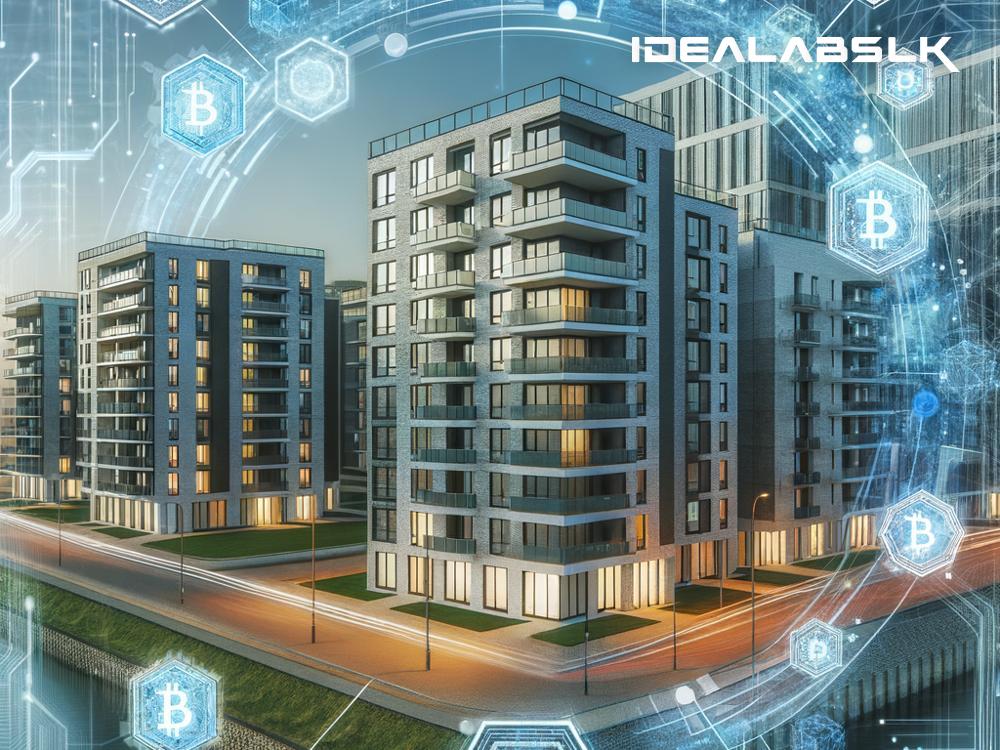Blockchain for Real Estate: Reinventing the Rental Market
In the world of technology, blockchain is like a new kid on the block that everyone wants to be friends with. It’s not just a buzzword; it’s a revolutionary way of storing and sharing information digitally. This technology, best known for powering cryptocurrencies like Bitcoin, is now stepping foot into various fields, and real estate, especially the rental market, is no exception. So, let’s simplify and explore how blockchain is changing the game for renting properties.
What is Blockchain, Anyway?
Imagine a digital ledger that’s not stored in one single place but is spread out across several computers globally. This ledger records transactions in blocks, and each block is connected to the ones before and after it. This chain of blocks (hence the name blockchain) is almost impossible to tamper with. If you try to change information in one block, you would have to change information in all subsequent blocks on every computer in the network, which is virtually impossible.
The Real Estate Rental Game
Renting property has always been a bit of a hassle. It involves a lot of paperwork, middlemen, and waiting. From paying hefty broker fees to worrying about the authenticity of the property and its owner, the process can be daunting. Additionally, managing properties and ensuring transactions are secure and transparent adds another layer of complexity.
Enter Blockchain
Blockchain comes into the real estate rental market like a breath of fresh air, aiming to simplify these processes. Here's how:
1. Smart Contracts
One of the coolest applications of blockchain in renting is smart contracts. These are self-executing contracts where the terms are directly written into lines of code. For renters and landlords, this means agreements are automatically enforced without needing an intermediary. Rent payments, for example, can be released to the landlord only when both parties confirm that the terms of the lease are met, making the process smoother and more trustworthy.
2. Fraud Reduction
The openness and transparency of blockchain help reduce fraud. Every transaction is recorded and easily verifiable by anyone in the network, making it harder for anyone to claim false ownership or manipulate the system for their benefit.
3. Streamlined Payments
Blockchain enables the use of cryptocurrencies for rent payments, making transactions faster and more secure. This digital way of payment reduces the need for traditional banking services, which can sometimes be slow and involve additional fees.
4. Property Management
Managing a rental property involves keeping track of numerous documents and transactions. Blockchain can simplify property management by storing all relevant data securely in one place. From lease agreements to maintenance records and tenant information, everything can be digitized and easily accessed, reducing paperwork and increasing efficiency.
The Challenges Ahead
Despite its potential, blockchain in real estate isn’t without its hurdles. Regulatory issues, the digital divide, and the need for a robust infrastructure capable of supporting these technologies can pose significant challenges. Additionally, convincing all parties involved in the real estate rental market to adopt and trust this new technology will take time.
The Road Ahead
As we navigate through these challenges, the potential benefits of blockchain in the rental market remain clear. By offering a more transparent, efficient, and secure approach to leasing, blockchain technology has the power to transform not just the rental market but the entire real estate industry.
In simple words, blockchain might be the much-needed makeover the real estate rental market has been waiting for. It promises to replace the old, slow, and sometimes frustrating system with one that’s faster, more transparent, and more secure. While there's still a long way to go, the journey seems promising, and the destination, undoubtedly, beneficial for everyone involved.
So, the next time you’re about to dive into the daunting world of renting, remember that blockchain is here, slowly but steadily making things better for renters and landlords alike. The future of renting might just be on the verge of becoming a lot less complicated and a lot more exciting. Who knew technology typically associated with digital money could end up revolutionizing how we live in and rent our homes?

